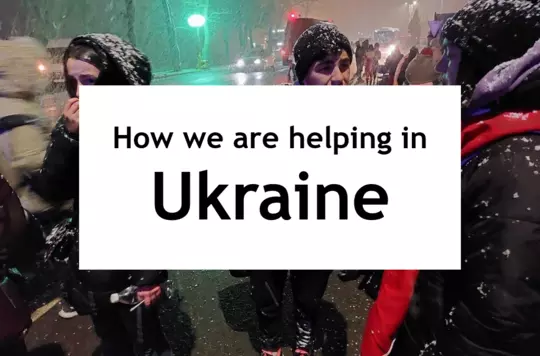30 May 2022
Ukraine crisis: Army maintains extensive response
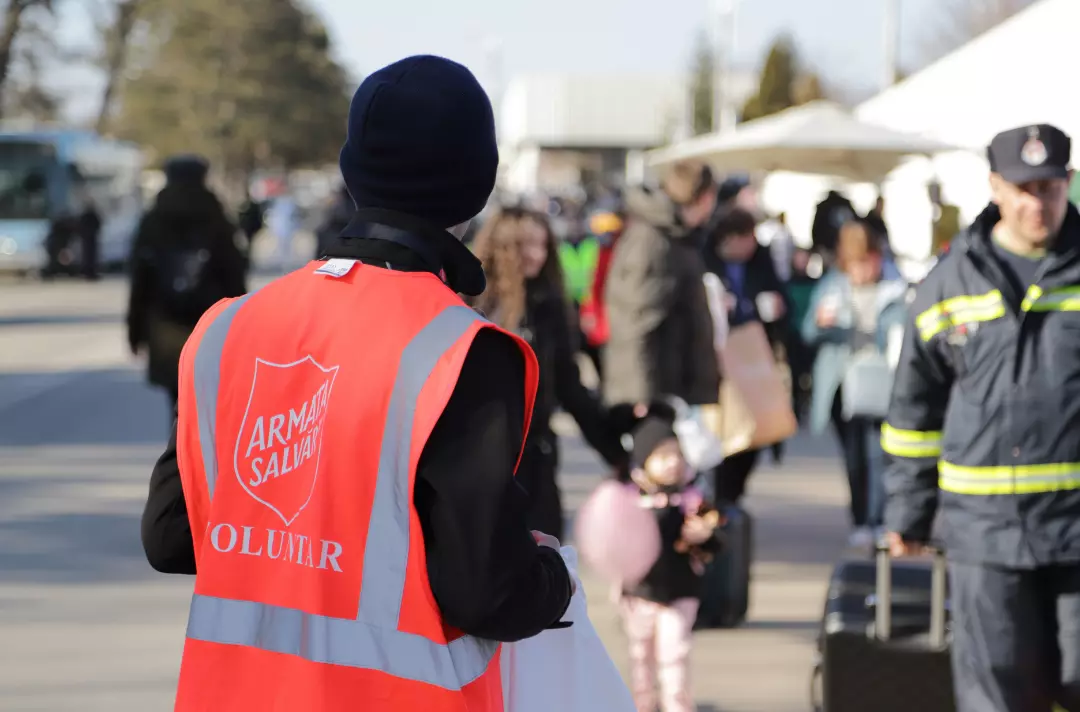
The Salvation Army has maintained its extensive response to the humanitarian crisis unfolding across Europe as the conflict in Ukraine continues.
According to the United Nations International Organisation for Migration, 600,000 additional people were internally displaced in the first 17 days of April. In total, nearly 12.8 million people have been displaced internally or across borders since 24 February.
The Salvation Army has responded to the needs of refugees in countries across Europe, providing food and hygiene supplies, practical advice and spiritual care.
The Eastern Europe Territory, with the support of the United Kingdom and Ireland Territory, has also developed posters and flyers in a variety of languages, which are now in use in all locations as part of the Army’s anti-human trafficking work.
Ukraine
The number of people leaving Ukraine has fallen, and unconfirmed numbers of people are reported to be going back into the country. The Salvation Army in Ukraine is providing relief to internally displaced people.
The Eastern Europe Territory and International Emergency Services are in daily contact with corps officers in Lviv, which has received many displaced people. There are plans to implement a ‘care for the carers’ package to provide all responders with additional spiritual support.
Officers remain largely in their corps locations and are serving where they are appointed. Female officers and children were given the opportunity to evacuate to Moldova, but most decided to stay.
Switzerland
In Switzerland the Initial Reception Centre is now entirely managed by The Salvation Army, along with four other short-term shelters for approximately 280 people. The largest shelter, with capacity for 1,000 rooms, has been established in a container village in Bern’s Vierefeld development area.

The Army now operates a ‘civil protection facility’ in the city, with 500 places in addition to existing refugee shelters. In Zurich the Hope clothing drop-off centre has opened and 453 vouchers have been used, with each voucher allowing a person to collect 10 items of clothing. The Brocki thrift store has produced 10,000 vouchers for a one-time 50 per cent shopping discount intended as emergency aid for qualifying refugees.
Eastern Europe
More than 500,000 refugees have crossed the border into Hungary, with countless volunteers providing for people in need. The Switzerland, Austria and Hungary Territory has supported the Hungary Region in its response both with personnel from within the territory and basic relief items.
In partnership with local government, Ungheni Corps in Moldova continues to provide daily refugee services for Ukrainian women and children. In addition to community rooms and an outdoor playground, there is a classroom programme for Russian-speaking children to continue their education.
The Czech Republic is already home to some 200,000 Ukrainians and therefore anticipates many more refugees will seek support from family and friends there. The Salvation Army has capacity in its existing social services, so since February has been ready to provide support.
Two Russian-speaking officers from Bulgaria went to the border with Romania in April to join with the Red Cross in distributing food parcels and hot meals and to offer a listening ear to refugees and those wanting to reunite with relatives. More than 400 people were assisted.
In Romania tens of thousands of refugees have passed through the Siret camp. The Army’s emergency team helped to complete asylum seekers’ documents, assisted with the emotional aspects of family reunifications and co-ordinated the distribution of relief material with other organisations.
Wider Europe
Greece has launched The Meeting Point, a project to assist people who have fled the conflict in Ukraine. Based at Athens Corps in Agios Panteleimonas, it provides practical and essential material needs, and assistance and advice to provide a pathway for meaningful integration. The Salvation Army in Greece has also provided mobile phone Sim cards and supermarket vouchers to Ukrainian refugees.
Latvia has provided food, water and bedding to refugees arriving from Ukraine, while in Lithuania an increasing number of Ukrainian families have been applying for essential items. The Salvation Army in Klaipeda and Vilnius is helping in any way it can, with food and hygiene articles, bedding, supermarket vouchers and clothing vouchers for the Army's second-hand shop. Many existing children’s activities have been expanded to include refugee children.
In Norway the Army has taken on responsibility for one of the country’s largest refugee emergency accommodation centres, which can house 700 Ukrainian refugees for two to three months, before they are offered permanent housing. The centre offers four meals a day, health services, activities for children and primary and elementary school teaching, in co-operation with the town authorities. The Salvation Army has a one-year contract with the government for the operation of the centre.
The Salvation Army in the Netherlands is providing support to families hosting Ukrainian refugees and is managing several temporary shelter locations, including those on cruise ships that have been made available for this purpose.
Discover more on salvationist.org.uk
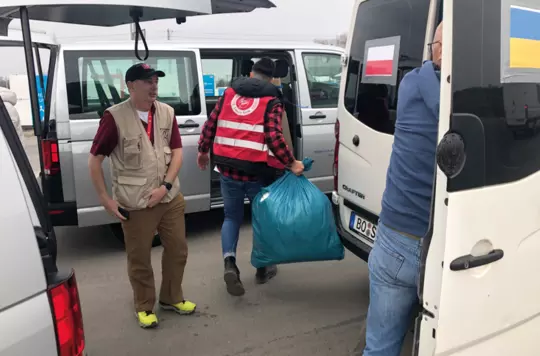
Captain Matthew Beatty tells Philip Halcrow how our International Emergency Services have been working to help people caught up in the conflict between Ukraine and Russia.
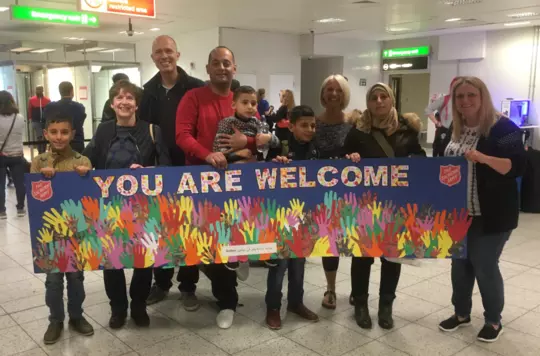
Supporting and resourcing local expressions of The Salvation Army to help people seeking sanctuary.
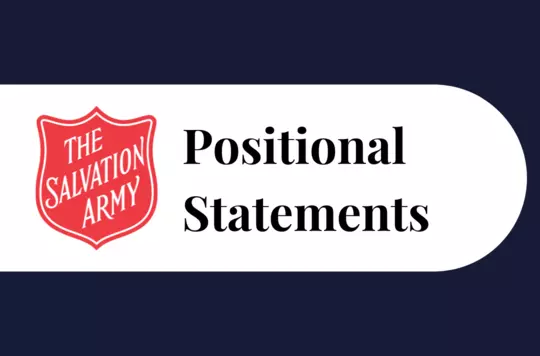
The Salvation Army's International Positional Statement on Refugees and Asylum Seekers.

